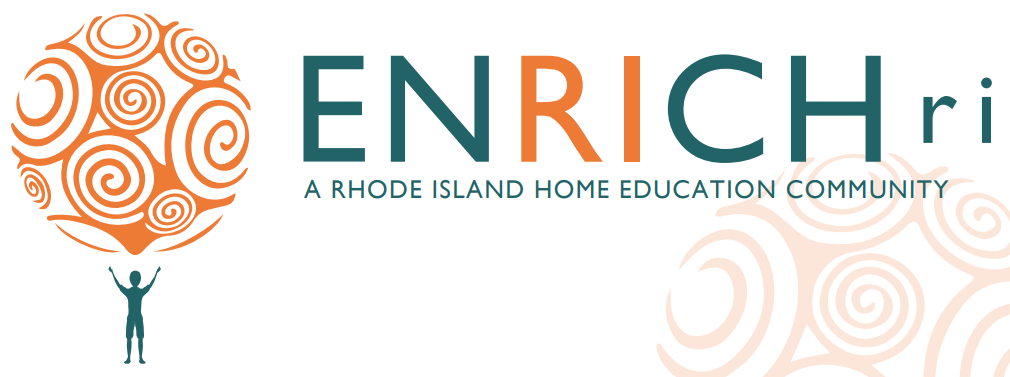Events
| Date | Event | Details |
|---|---|---|
03/20/2023 11:00 AM - 12:30 PM ET |

|
Norton Commerce Center
46 Commerce Way Norton, MA 02766
Event Registration Opens 2/3/2023
National Oceanic and Atmospheric Administration (NOAA) NOAA’s mission: To understand and predict changes in climate, weather, ocean, and coasts, to share that knowledge and information with others, and to conserve and manage coastal and marine ecosystems and resources. There will be a presentation about an hour long about NOAA and what they do. After the presentation there will be a brief tour of the operations area. Aimed at ages 8-12. (consider the conference room hour long presentation if signing up with young children.) Note: NOAA can only have visitors if Bristol County is in the Medium or Low COVID risk. It changes from week to week so the tour could be canceled with little notice, an email to those registered will be sent if that occurs. ************************************************************** Cost Per Family = $9 - Please add the remaining attendees as well ************************************************************** |
03/20/2023 11:00 AM - 01:00 PM ET |
|
Joukowsky Institute for Archaeology & the Ancient World
You will meet Ana, PhD Archaeology stude 60 George St, Brown University, RI 02912
**This is a DROP off, with 2 Parent Chaperones ONLY**
Two Day Program, MUST attend both days - Monday March 20 (11-1) - Monday April 3 (11-1) Day 1: Session 1: Introduction to Archaeology and Ancient Cultures: We will introduce the key notions necessary to do archaeology, the type of evidence (material culture) we use, and the kinds of information we can get through archaeological research to interpret and learn from the past. Session 2: Survey and Stratigraphy: Searching for evidence to Reconstruct the Past: This session deals with the practical techniques archaeologists use to locate potential sites, excavate them, and record their findings following the scientific method. Day 2: Session 3: Simulated Archaeological Dig: In this session, students will play the role of an archaeological team excavating a fictitious Native American site in New England, designed to teach them how to interpret the spatial relations and context of their finds and what information they can use to understand the lives of past societies. Session 4: Interpreting the Material Evidence: In this final session, students will have a chance to interact more directly with ancient evidence and artifacts. They will learn about the information they can extract from fragmented and reconstructed evidence and interrogate the materials, individually and in groups, to formulate their own hypotheses about the site, its people, costumes, and lives in the past. |
03/20/2023 11:00 AM - 01:00 PM ET |
|
Joukowsky Institute for Archaeology & the Ancient World
You will meet Ana, PhD Archaeology stude 60 George St, Brown University, RI 02912
**This is a DROP off, with 2 Parent Chaperones ONLY**
Two Day Program, MUST attend both days - Monday March 20 (11-1) - Monday April 3 (11-1) Day 1: Session 1: Introduction to Archaeology and Ancient Cultures: We will introduce the key notions necessary to do archaeology, the type of evidence (material culture) we use, and the kinds of information we can get through archaeological research to interpret and learn from the past. Session 2: Survey and Stratigraphy: Searching for evidence to Reconstruct the Past: This session deals with the practical techniques archaeologists use to locate potential sites, excavate them, and record their findings following the scientific method. Day 2: Session 3: Simulated Archaeological Dig: In this session, students will play the role of an archaeological team excavating a fictitious Native American site in New England, designed to teach them how to interpret the spatial relations and context of their finds and what information they can use to understand the lives of past societies. Session 4: Interpreting the Material Evidence: In this final session, students will have a chance to interact more directly with ancient evidence and artifacts. They will learn about the information they can extract from fragmented and reconstructed evidence and interrogate the materials, individually and in groups, to formulate their own hypotheses about the site, its people, costumes, and lives in the past. |
03/20/2023 11:00 AM - 01:00 PM ET |
|
Joukowsky Institute for Archaeology & the Ancient World
You will meet Ana, PhD Archaeology stude 60 George St, Brown University, RI 02912
**This is a DROP off, with 2 Parent Chaperones ONLY**
Two Day Program, MUST attend both days - Monday March 20 (11-1) - Monday April 3 (11-1) Day 1: Session 1: Introduction to Archaeology and Ancient Cultures: We will introduce the key notions necessary to do archaeology, the type of evidence (material culture) we use, and the kinds of information we can get through archaeological research to interpret and learn from the past. Session 2: Survey and Stratigraphy: Searching for evidence to Reconstruct the Past: This session deals with the practical techniques archaeologists use to locate potential sites, excavate them, and record their findings following the scientific method. Day 2: Session 3: Simulated Archaeological Dig: In this session, students will play the role of an archaeological team excavating a fictitious Native American site in New England, designed to teach them how to interpret the spatial relations and context of their finds and what information they can use to understand the lives of past societies. Session 4: Interpreting the Material Evidence: In this final session, students will have a chance to interact more directly with ancient evidence and artifacts. They will learn about the information they can extract from fragmented and reconstructed evidence and interrogate the materials, individually and in groups, to formulate their own hypotheses about the site, its people, costumes, and lives in the past. |
